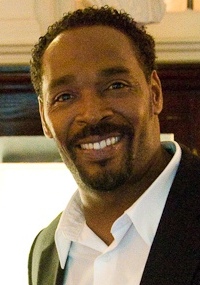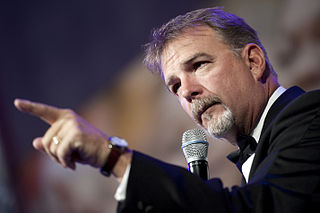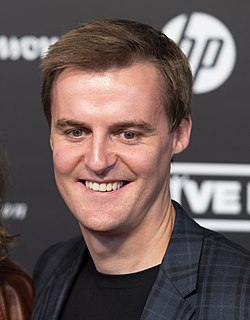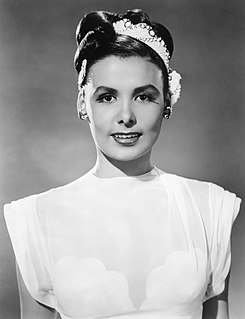A Quote by Walter E. Williams
I was more than anything a radical. I was more sympathetic to Malcolm X than Martin Luther King because Malcolm X was more of a radical who was willing to confront discrimination in ways that I thought it should be confronted, including perhaps the use of violence. But I really just wanted to be left alone. I thought some laws, like minimum-wage laws, helped poor people and poor black people and protected workers from exploitation. I thought they were a good thing until I was pressed by professors to look at the evidence.
Quote Topics
Alone
Anything
Because
Black
Black People
Confront
Confronted
Discrimination
Evidence
Exploitation
Good
Good Thing
Helped
Including
Just
King
Laws
Left
Left Alone
Like
Look
Luther
Malcolm
Martin
Martin Luther King
Minimum
More
More Than Anything
People
Perhaps
Poor
Poor People
Pressed
Professors
Protected
Radical
Really
Should
Some
Sympathetic
Than
Thing
Thought
Until
Use
Violence
Wage
Wanted
Ways
Were
Willing
Workers
Related Quotes
We like to think of the '60s as Martin Luther King, Jr. and Malcolm X and a little bit of friction - no, there were all of these different groups. There was the Student Nonviolent Coordinating Committee (SNCC), the Black Panthers, Martin and Malcolm, but also the Whitney Youngs of the world, the Bayard Rustins of the world.
I think it's important not to view Martin Luther King Jr. in a narrow political manner. His fundamental commitment is to a radical love of humanity, and especially of poor and working people. And that radical love leads him to a radical analysis of power, domination and oppression. What's difficult is to situate him ideologically under a particular category.
It had long been true, and prisoners knew this better than anyone, that the poorer you were the more likely you were to end up in jail. This was not just because the poor committed more crimes. In fact, they did. The rich did not have to commit crimes to get what they wanted; the laws were on their side. But when the rich did commit crimes, they often were not prosecuted, and if they were they could get out on bail, hire clever lawyers, get better treatment from judges. Somehow, the jails ended up full of poor black people.
If I thought that raising the minimum wage was the best way to help people increase their pay, I would be all for it, but it isn't. If you raise the minimum wage, you're going to make people more expensive than a machine. And that means all this automation that's replacing jobs and people is only going to be accelerated.
When 'Malcolm in the Middle' was over, I was looking for a drama more than a comedy...but if it was a comedy that came up, it would have to be as well-written as 'Malcolm' was, and it would have to be a different kind of character than I played on that show. That's harder to come by. In drama, there were more opportunities, more options for me, and when I read ('Breaking Bad'), it was just, 'Good night, Nurse! I'm going after this sucker!'
The American Dream is individualistic. Martin Luther King's dream was collective. The American Dream says, "I can engage in upward mobility and live the good life." King's dream was fundamentally Christian. His commitment to radical love had everything to do with his commitment to Jesus of Nazareth, and his dream had everything to do with community, with a "we" consciousness that included poor and working people around the world, not just black people.
The more love we give away, the more we have left. The laws of love differ from the laws of arithmetic. Love hoarded dwindles, but love given grows. If we give all our love, we will have more left than they who save some. Giving love, not receiving, is important; but when we give with no thought of receiving, we automatically, and inescapably receive abundantly. Heaven is a by-product of love. When we say, "I love you," we mean that "a little of God's love flows from me to you." Thereby, we do not have less, but more. For in flowing, the quantity is magnified.
We [black people] don't respect our elders. Besides artists, we don't respect Frederick Douglass. We don't respect Martin Luther King. You look at every Martin Luther King Boulevard out here, and it's a crack block. That's not because of white people. That's because of black leadership. We just have that problem, and it's something that I am going to spend the rest of my life trying to conquer.


































